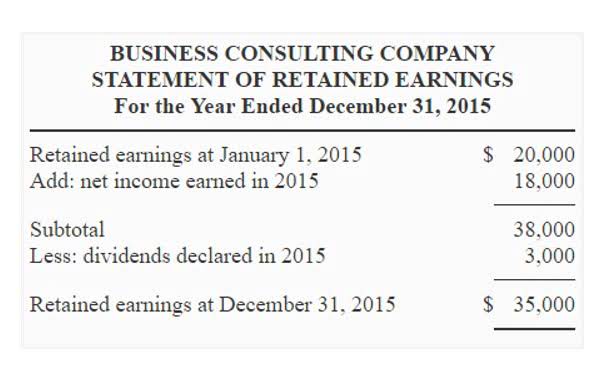
For this, depreciation is introduced to take into account a reduction in the price of an asset. The Historical Cost Concept needs support of two other concepts for practical purposes, viz. (i) the Money Accounts Payable Management Measurement Concept (already discussed above), (ii) the Balance Sheet Equation Concept.
Revenue recognition principle
These industry-specific practices ensure that financial reporting accurately reflects the particularities of the industry and provides relevant information for decision-making. Basic accounting principles are fundamental concepts and guidelines that form the basis of accounting practices. They provide a framework for recording, measuring, and reporting financial transactions.
History of The Four Main Principles of GAAP
Accountants must adhere to ethical principles such as integrity, identify the two main categories of accounting principles. objectivity, professional competence, confidentiality, and professional behavior. Ethical considerations ensure that accounting information is prepared and reported honestly and transparently. The time period concept divides the financial life of an entity into specific periods, such as months, quarters, or years.

Types Of Accounting Explained
Although it does not ignore cash transactions, accrual accounting is primarily accounting for non-cash assets, liabilities, revenues, expenses, gains and losses. By using historical costs, the accountant’s already difficult task is not further complicated by the need to keep additional records of changing market value. Thus, the cost concept provides greater objectivity and greater feasibility to the financial statements. The cost principle requires that assets be recorded at their exchange price, i.e., acquisition cost, or historical cost. Historical cost is recognised as the appropriate valuations basis for recognition of the acquisition of all goods and services, expenses, costs and equities.
- Accounting conservatism does not mean to intentionally understate income and assets; it applies only to situations in which there are reasonable doubts.
- Periodicity Assumption – simply states that companies should be able to record their financial activities during a certain period of time.
- GAAP, also known as US GAAP, is a set of commonly followed accounting rules and standards for financial reporting.
- By recognizing depreciation expense, business entities reflect the reduction in an asset’s value on their financial statements over time.
- So, the users of the financial statement can easily compare between these statements and track the performance.

It also stresses more emphasis on the earning capacity in judging the overall performance of the business. It’s most commonly done by financial accountants to ensure that the company’s financial statements comply with the Generally Accepted Accounting Principles (GAAP) standards. Tax accountants might audit your business if the IRS notices tax incongruences, or forensic accountants if law enforcement agencies suspect financial wrongdoing. An accounting method is the rules that a company must follow in reporting revenues and expenses.
IFRS

The firm can make required changes in its policies by properly indicating the probable effect of the changes on its financial results. For example, if a company’s management wants to compare the net profit of the current year with the previous year, it can do so only when the accounting policies followed by the company in both years are the same. For example, if a company has used the SLM depreciation method in the previous year and the WDV method of depreciation in the current year; it would not be able to compare the figures. The main purpose of accounting principles is to guarantee that a business’s financial recordings and statements are consistent and to the point. Accurate knowledge of accounting principles makes it easy for investors to extract and analyse necessary information from financial statements.

They must also be able to communicate effectively with government officials and other stakeholders. By analyzing financial statements, businesses can determine which strategies are working cash flow and which ones are not. This information is used to make informed decisions about which strategies to continue and which ones to modify or abandon. Internal auditing is the process of reviewing and monitoring a company’s financial and operational activities by its own employees.

What are the three main accounting methods?
By understanding these costs, managers can make informed decisions about pricing, production, and resource allocation. Forensic accountants are often called upon to provide expert testimony in legal proceedings. The IFRS Foundation, an independent, not-for-profit organization, oversees the International Accounting Standards Board (IASB), which sets IFRS principles. This board replaced the International Accounting Standards Committee (IASC) in 2000. (b) It fails to keep any record of such matters which cannot be expressed in terms of money—e.g.